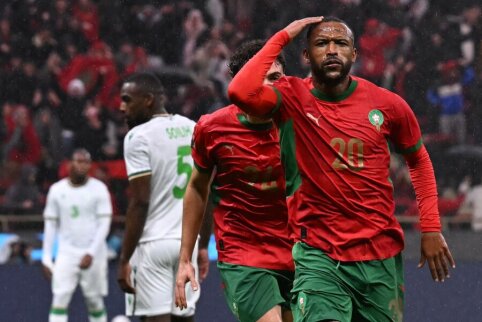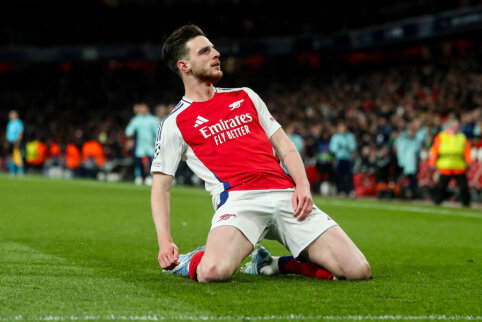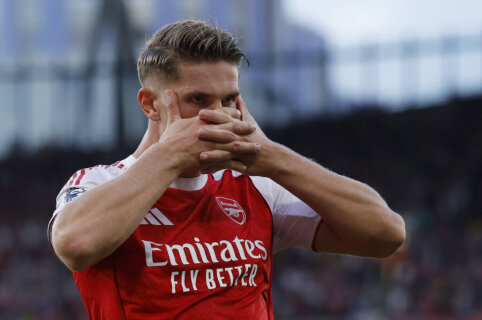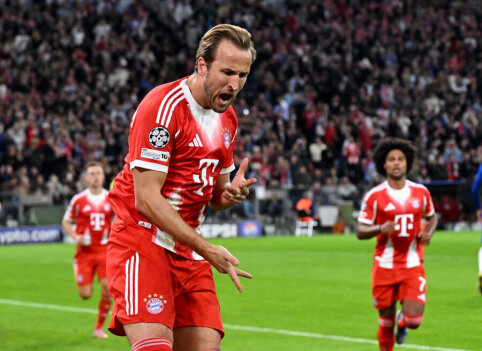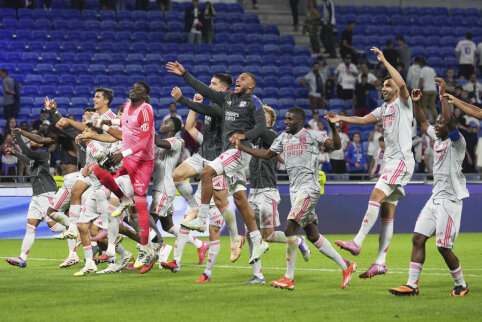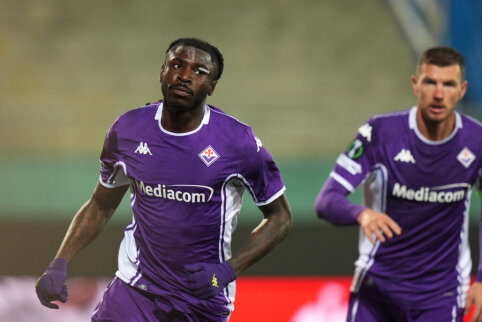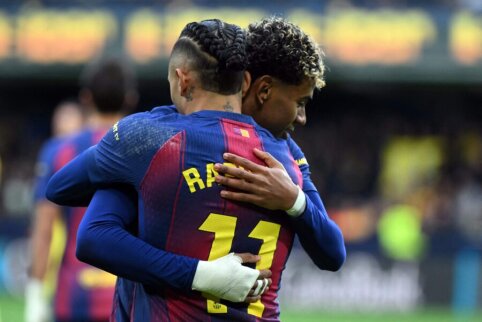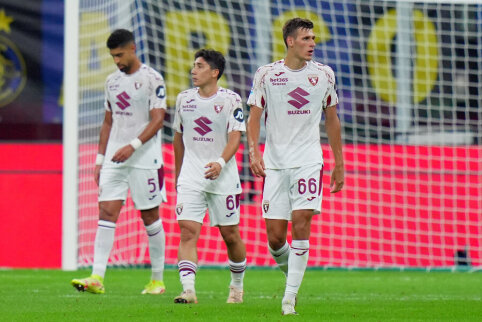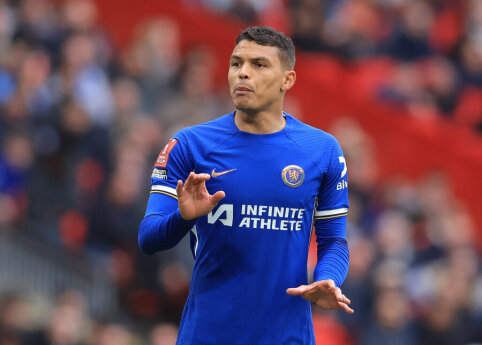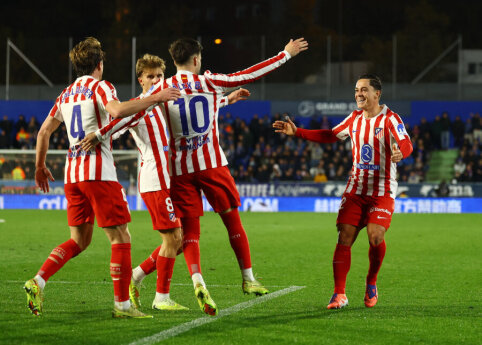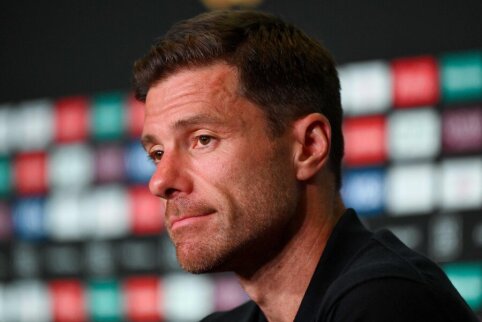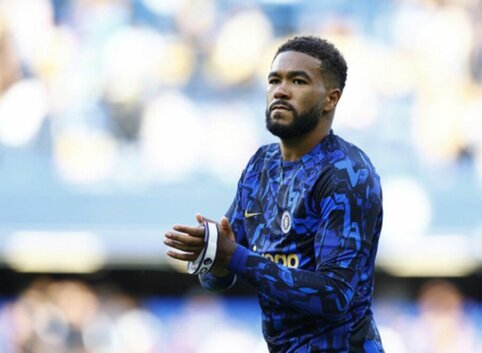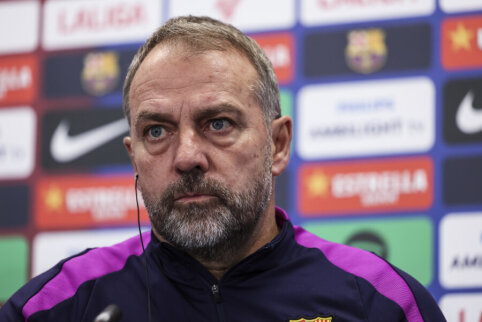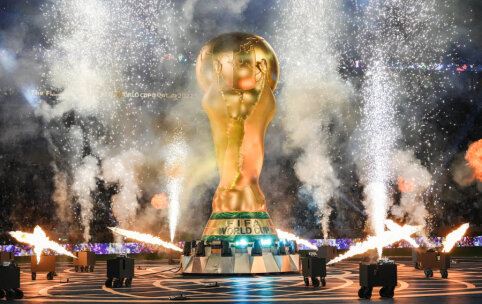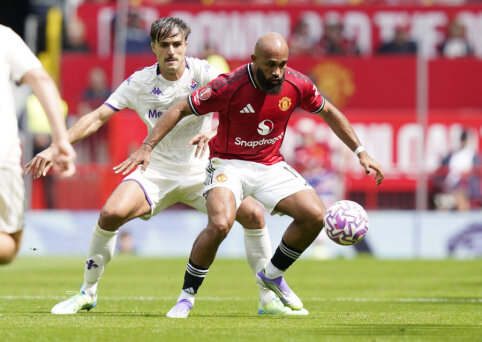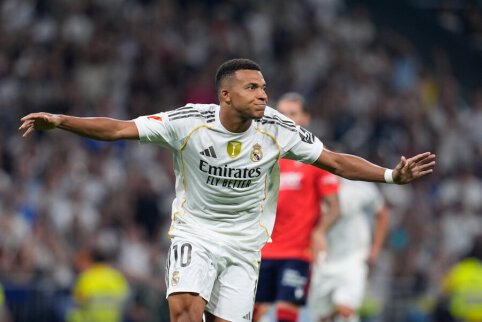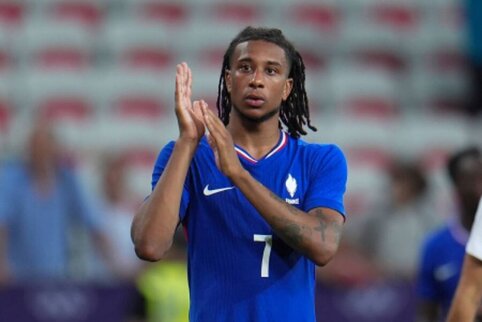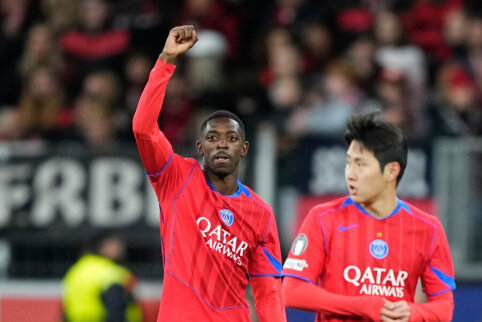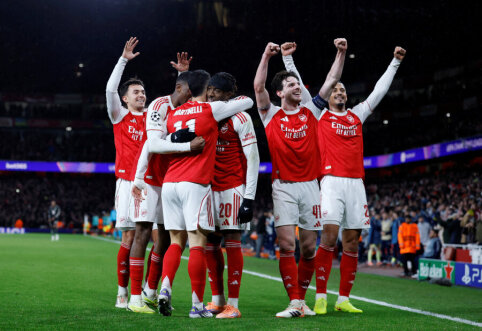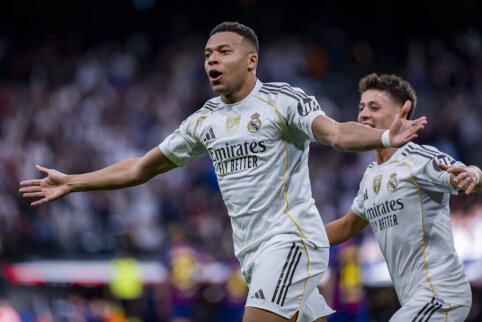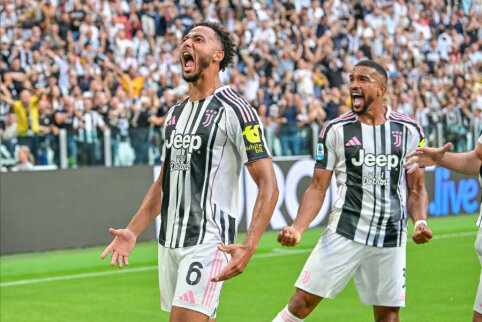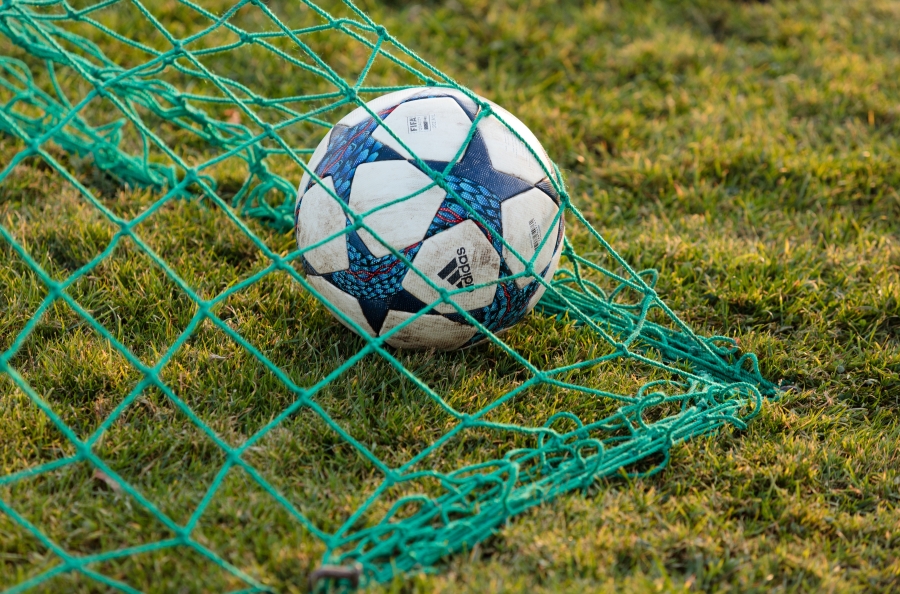 © JumpStory
© JumpStory
The social activity of the Vilnius football club "Ataka" was recognized with a prestigious award established by the UEFA Children's Football Fund.
Every year, the UEFA fund recognizes organizations in Europe that carry out charitable activities to support vulnerable or socially disadvantaged children. This year, 1 million euros was distributed among 23 organizations, including the football club "Ataka," which was nominated for the first time.
Since 2016, the goal of the football club in Vilnius has been to create a friendly environment where children can enjoy sports, gain self-confidence and social skills. The club has 903 children training, including 110 from disadvantaged families who attend training either for free or at a reduced cost. The club operates based on the methodology of Northern countries, with 22 coaches and 30 volunteers setting a good example for the children.
The President of the Lithuanian Football Federation, Edgaras Stankevičius, said, "The Lithuanian Football Federation is pleased that the activities of 'Ataka' have been recognized internationally, and they have added honorable organizations to this nomination, such as 'Vilnius Social Club' and 'Children of the Nemunas region.' The social activities of the Vilnius football club 'Ataka' are a commendable example for the entire Lithuanian sports community on how to take care of children's well-being every day, provide them with opportunities to train and play their favorite sport."
To learn more about the club's activities, social challenges, and prospects, the director of 'Ataka' club, Donatas Tvarijonas, was interviewed and presented on the LFF.lt website.
- Share, what was your initial reaction when you found out about the UEFA award? How does this motivate you to continue working as a club and community?
- Of course, this recognition was joyous because it was an appreciation of all our long-term efforts dedicated to fulfilling the club's social mission. It was appreciated that we spent a lot of time not only promoting football but also other activities for children. We spread Scandinavian values in Lithuania and raise higher standards related to children's social and emotional education. The award also represents a financial incentive, which I hope we can use for our coaches to improve and go abroad for internships with club partners, such as Norway and Iceland, to gain new experiences.
The 'Ataka' football club itself invests a lot of money to pay for children's training sessions, which families cannot afford. I believe we are making a significant contribution at the national level in this area, as approximately 110 children in our club attend training sessions for free or pay only partially. We have a great incentive to earn the UEFA award, meaning that we are on the right path.
- Recent years have been particularly challenging in social aspects, with changing economic conditions and fewer families able to afford the needs of children playing football. This was followed by a period of pandemics that disrupted children's activity, and now we see the consequences of the military aggression in Ukraine. How did your club adapt to these challenges?
- If we start with today's actualities related to the issue of Ukraine, our club contributes as much as it can. There are quite a few refugees from Ukraine who have arrived in Lithuania and do not have financial means, so we have provided Ukrainian children with the opportunity to attend training sessions for free. Ukrainians still do not pay for training sessions, and the club covers those expenses. We have employed a coach from Ukraine.
Regarding the highly relevant topic of the health and involvement of Lithuanian children in football, unfortunately, we do not have as many busy and active children in sports as in Scandinavia and other European countries. Greater enthusiasm for football has various benefits. The lower participation rate in Lithuania decreased after the pandemic, although it was not high anyway, so our goal is to increase it and ensure that children are healthy. We all struggled during the pandemic period. Isolation affected children's emotions, psyche, and movement. Some gained excess weight, some lacked social interactions with other children, and felt emotionally worse. It's a good thing that this period ended because we were looking for ways, according to our means and restrictions, for children to train outdoors.
I would emphasize that the more occupied children are, the fewer temptations there are for unnecessary activities like smoking, alcohol consumption - football is an important tool for social prevention in this aspect. This should be the joint responsibility of all institutions, clubs, and federations, to find ways to involve more children in football. Unfortunately, there is also another side - the commercialization of football, which makes it more expensive for parents to spend on their children's involvement in football, participating in competitions, or traveling to other cities. The cost of training sessions is increasing because there are too few stadiums and fields, but the demand is high, especially in Vilnius. The growth of coaches' salaries is influenced by inflation, and so on. In summary, when expenses increase, accessibility does not increase. Families with medium incomes face serious problems - if we help the underprivileged, families with higher incomes cannot cope with paying, but face increasing challenges. Inflation has been high lately and increases all the costs of training sessions, which will not contribute to increasing involvement in the long run.
- The football club "Ataka" is well-known in Vilnius for its social activities and abundant football festivals. Where would your organization like to further advance? How could other Lithuanian football clubs expand their social activities?
- We encourage other clubs to get acquainted and engage in these activities. We organized several conferences in the Seimas, guests from Norway and Iceland shared Scandinavian experience on how they manage to involve so many children and encourage them to achieve high sports results. The Scandinavian model suits us and we like it because the communities of these countries are strong, paying great attention to children. We are trying to apply this model by involving players' parents in volunteering, which is quite popular in Scandinavia.
Of course, the lack of stadiums hinders the development of some initiatives, so the issue of infrastructure needs to be urgently addressed by the Government, municipal policymakers, and the sports community. It is a significant investment, but clubs need help to increase children's involvement throughout Lithuania. We want to see the strengthening of communities. Based on our experience, in the recent LFF-led coaching courses, positive parental involvement in clubs' activities is particularly encouraged - not verbal criticism but active participation. We also strive to work on this issue, but for now, parental involvement remains a weak point of our club, perhaps insufficient participation in the club's management structure. It would be desirable for the players' parents to understand how activities are organized, how some activities could be organized better or cheaper, so that children could participate more in tournaments and camps, even at an international level. One way, I think, is to involve parents in club management, so that they are actively involved in meetings, seeking common solutions, to avoid the "club for itself, parents for themselves" situation.
- Thank you for your detailed commentary. What words would you like to convey to the club community and sponsors who collectively contribute to daily activities and welcome new challenges?
- We thank the Lithuanian Football Federation, which monitored and recognized our activities and helped us to nominate for this UEFA award. The football club "Ataka" is noticeably expanding because there are more children training. Parents appreciate the club's efforts, methods, principles, and values. We believe we are moving in the right direction, so first of all, thank you to the coaches and club staff, parents who trust and contribute to the club's activities. We have parents who have engaged in voluntary activities, organizing events and tournaments. In recent years, we have organized many tournaments together, aimed at families or just children. We have started a new format - street football tournaments for children. Without these wonderful parents, who help the club, many things would not happen. In conclusion, this UEFA award is the merit of the entire 'Ataka' community.


